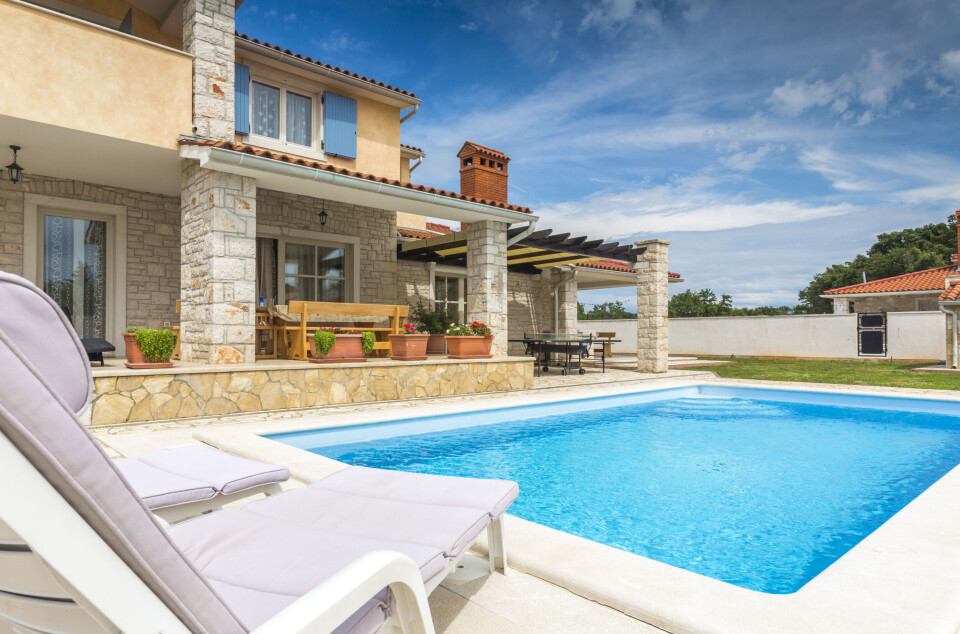-
I have received a second-home tax bill for my main home in France - what should I do?
Ensure the tax office has the correct personal details
-
Which internet provider is best for fixed and mobile coverage in France?
A recent study evaluated criteria including speed, uploads, latency, and streaming performance
-
Why it is becoming harder to park in urban areas in France
A new law is set to come into force this year
Tax and planning: When and how to declare a swimming pool in France
With the tax office teaming up with Google to spot undeclared pools, we look at the rules so as not to be caught out

In certain regions of France the tax offices are already working with Google to hunt for undeclared pools – meaning correct declaration is perhaps more important than ever.
Some homeowners may not realise their declaration responsibilities, some may hope not to be found out – but ignorance is no excuse if the tax office identifies that you built a new pool and did not inform the relevant authorities about it.
There may be penalties to pay as well as an increase to your local property tax bills in this case, something which is now more likely to happen, as the tax office starts to use aerial photos to check for undeclared changes to properties.
Read more: Tax office to work with Google to spot undeclared pools
When it comes to declarations for a swimming pool there are two aspects: The planning part, involving a declaration to your mairie before construction, and telling the tax office, which involves a specific form to be taken or sent to le bureau du cadastre for your area after completion (in practice this will often be located at the centre des impôts fonciers).
What needs to be declared to the mairie?
The construction of a pool of less than 10m2 surface area does not have to be declared to the mairie as a general rule, though if you live in a protected area, such as in the vicinity of a historic monument, you should check any specific rules for your area with the mairie.
Pools up to 100m2 of surface area and which are either uncovered or have covers no more than 1.8m high are subject to a déclaration préalable, a lightened form of planning permission, which should be applied for before you start the work. If the mairie does not oppose the plans within a month, you may start the work.
The relevant form here is the Cerfa n° 13703*07 which can be obtained at this site
Larger pools or those with high covers need full planning permission.
Declaration to the tax office
A swimming pool of whatever size, unless merely inflatable or temporary, as opposed to being built into, or fixed to, the ground, should be declared to the tax office within 90 days of completion of the works. Essentially, it does not have to be declared if you can move it without demolishing it.
This declaration is on form Cerfa n° 10517
On this form your pool relates to a ‘change to a built property’, so you would select propriété bâtie at the top and then in section two ‘concerning the change’, give the date of completion of the pool and select addition de construction under part A. Section 3 is to describe the work and surface area.
The declaration to the mairie will give rise to a bill for a one-off taxe called taxe d’aménagement; the declaration to the tax office will affect the value assigned to your property.
This value is used as a basis for your local taxes, so these may rise as a result, as the property will be deemed more desirable and valuable due to the installation of the pool.
In most areas there is an exemption from taxe foncière for the first two years after the year in which construction finished.
Related articles
The Connexion’s guide to owning a swimming pool
























